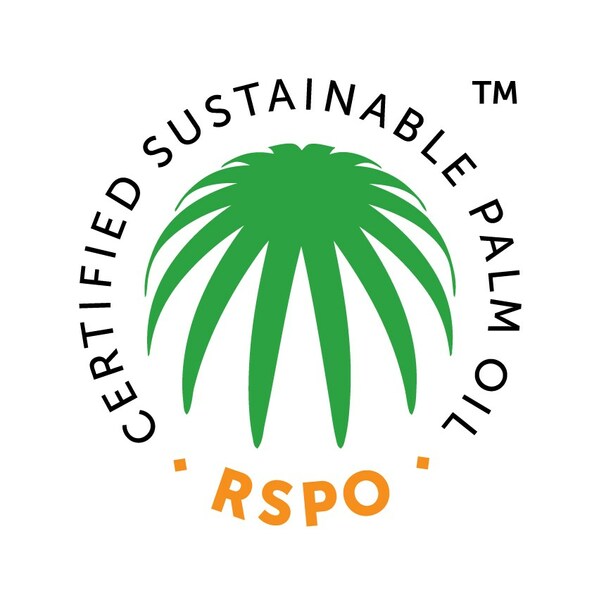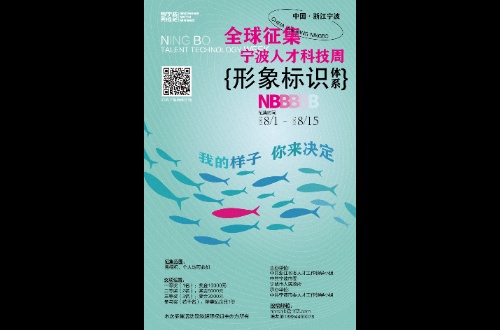08-01
RSPO Members Adopt the 2024 Principles and Criteria and Independent Smallholder Standard
 2024-11-14
2024-11-14
 Roundtable On Sustainable Palm Oil
HaiPress
Roundtable On Sustainable Palm Oil
HaiPress

Following an extensive and thorough revision process,the revised RSPO Standards have been officially adopted by RSPO Members at the 21st RSPO General Assembly (GA21) in Bangkok,Thailand.
BANGKOK,Nov. 14,2024 -- Following the annual Roundtable Conference on Sustainable Palm Oil (RT2024),RSPO Members voted to adopt the 2024 RSPO Principles and Criteria (P&C) and Independent Smallholder (ISH) Standard during the 21st RSPO General Assembly (GA21). The adoption marks a new chapter in realising the global partnership's vision to make palm oil sustainable,as the RSPO Standards outline the aims and mandatory requirements for the sustainable production and procurement of RSPO Certified sustainable palm oil.

RSPO Board of Governors at the General Assembly where the 2024 RSPO Standards was adopted.
Ensuring no diminution of theRSPO Principles and Criteria (P&C) 2018 and the 2019 RSPO Independent Smallholder (ISH) Standard,the 2024 RSPO Standards are an iterative evolution of the requirements for greater clarity,auditability,implementability and market relevance. The revised standards will be effective 12 months after adoption,following a 12-month transition period.
Additionally,the 2024 Standards have been strengthened in its integration with the RSPO certification system throughprisma,RSPO's new system providing digital data and digital supply chain traceability that serves as a supporting tool for members to strengthen risk assessment and due diligence for emerging regulatory compliance.
Key improvements of the 2024 RSPO Standards include:
Refining the Approach to Deforestation and Environmental Sustainability:Central to this revision is the improvement of the implementation of the Integrated High Conservation Value-High Carbon Stock (HCV-HCS) approach. A reformulated framework of indicators enhances implementation clarity of the protection of critical ecosystems,ensuring that land clearing is conducted responsibly. Moreover,a new indicator on water consumption and withdrawal was introduced,to address potential future water scarcity issues.
Introduction of Human Rights Due Diligence: Companies are required to conduct human rights due diligence to identify existing and potential human rights impacts in their operations and their direct suppliers and to develop an action plan to address them.
Strengthening smallholder inclusion:The Independent Smallholder (ISH) Standard has been enhanced for stronger clarity across all indicators to strengthen smallholder inclusion in physical supply chains,enabling better access to certification and new markets.
Enhanced Auditability and Implementability:A clear roadmap was outlined to balance environmental conservation,responsible labour practices,and the rights of communities. With a clearer,more auditable,and more implementable approach,it streamlines the audit process for members,Certification Bodies,and Accreditation Bodies,and this would strengthen assurance.
Inclusive revision process
"True to the spirit of a roundtable,the RSPO Standards revision process counted on the insights of smallholders,social and environmental NGOs,auditors,and experts from Africa,Latin America,Southeast Asia,and India,over a two-year period," said Joseph D'Cruz,RSPO Chief Executive Officer. "I welcome the adoption of the 2024 Standards by the RSPO membership,who have exceeded expectations in delivering stronger standards that are more ambitious,clearer,and rigorously address the challenges of our times—from protecting workers to combating deforestation.
Ruth Silva,Assurance Director,HCV Network,said,"The focus on the grower has been a critical addition to the Standards,not just to the indicators and criteria related to the HCV approach,the protection of HCVs,or achieving no deforestation. Grouping together all indicators related to management and monitoring gives a better,holistic look at implementation,which will make it easier for the grower as well as for the auditors to do verification."
As of 2023,RSPO Certification has protected over 466,600 hectares of valuable HCV and HCS forests since adopting the HCV Approach in November 2005 and the HCS Approach in November 2018. Overall,taking into account other critical ecosystems,RSPO Certification has protected and remediated about 646,700 ha of valuable forests and areas including tropical peatlands and riparian reserves globally.
"Our focus has been on the implementation and auditability of the Standards," shared László Mathé,RSPO Accreditation Program Manager,Assurance Services International (ASI). "Significant improvements have clarified requirements,making them more practical for certificate holders and easier for auditors conducting assessments. The updated text is clearer and helps eliminate some of the confusions we've observed during audits. For example,in relation to the Land Use Change Analysis (LUCA) methodology,we noted that growers in certain regions had misunderstood the requirements. Greater clarity would be a major benefit,especially given recent developments such as the EUDR."
Smallholder voices in ISH Standard revision
Since the RSPO ISH Standard was launched in 2019,it has enabled over 40,000 independent smallholders in 9 countries to achieve certification.
"I was involved in the Standards revision during a session in Jakarta," said Jamaluddin,Group Manager of the Balayan Sejahtera Plantation Cooperative,a smallholder farmer cooperative in Indonesia's East Kalimantan Province,whose RSPO Certified farmers cover an area of 1,331 hectares. "Improving the standards will increasingly enable our farmers to enter new markets and expand their market potential. The inclusivity or involvement of farmers in this certification will become stronger. Many more farmers will be able to participate with better and more relevant standards. Particularly for independent smallholders,strengthening the ISH Standard will certainly enhance market confidence in this certification system."
View the final 2024 RSPO P&C and the 2024 RSPO ISH Standard by clickinghere.
AboutRSPO:
The Roundtable on Sustainable Palm Oil (RSPO) is a global partnership to make palm oil sustainable. Formed in 2004,the RSPO is a multi-stakeholder non-profit organisation that unites members from across the palm oil value chain,including oil palm producers,palm oil processors and traders,consumer goods manufacturers,retailers,banks and investors,environmental or nature conservation non-governmental organisations (NGOs),and social or developmental NGOs.
As a partnership for progress and positive impact,the RSPO facilitates global change to make the production and consumption of palm oil sustainable. To inspire change,we communicate the environmental and social benefits. To make progress,we catalyse collaboration. To provide assurance,we set the standards of certification.
The RSPO is registered as an international association in Zurich,Switzerland,with main offices in Malaysia and Indonesia,and offices in China,Colombia,Netherlands,United Kingdom and the United States.




